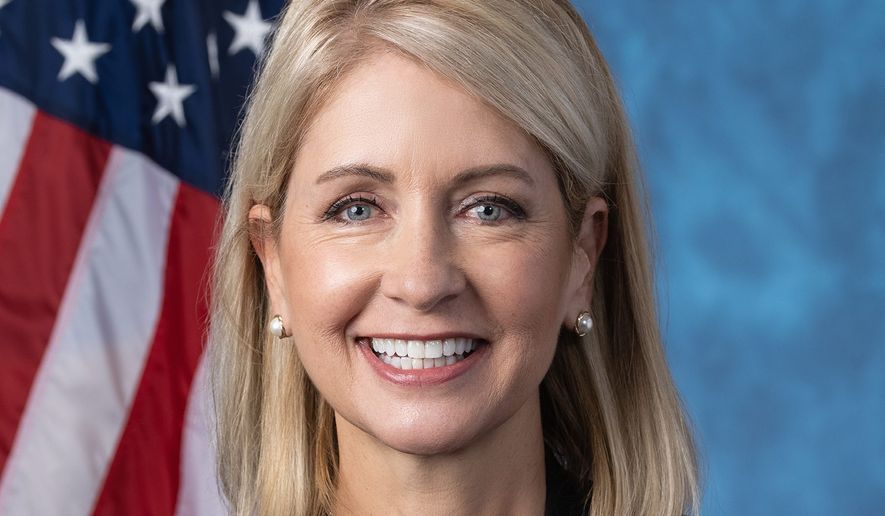OPINION:
Since being sworn into Congress in January, I have often been asked what my legislative priorities are. I ran on promoting the America First agenda, protecting our Constitutional freedoms, and defending the unborn. These remain my priorities. In addition, expanding access to much-needed broadband in our rural communities is a top priority.
Illinois’ 15th district is 52 percent rural and its farming industry generates more than $19 billion annually. As the agricultural industry continues to become more technologically sophisticated, reliable connectivity is essential.
Since the spring of 2020, many schools still remain closed. Lockdowns have left millions of parents in the unexpected situation of schooling from home. It has been reported to me from families and schools throughout my district that up to 30 percent of faculty and students do not have access to reliable connectivity. To try and adapt, schools have set up portable hotspots to connect public Wi-Fi so children can get their homework done. But who wants to do school in a car? In desperation, some schools are actually printing out hard-copies of assignments and delivering them to the students. Nowhere has the digital divide been more painful than in rural America.
The pandemic has highlighted the critical issue of demand and access for high-speed internet. For example, access to health care in rural areas can be a challenge which urban dwellers cannot understand. It can be dangerously far away. With broadband, telemedicine can offer online doctor video calls and other necessary health care.
Eventually, the pandemic will end, but the need for reliable broadband connectivity will continue. If there could be a silver lining in the COVID-19 crisis, it would be the increased awareness of the lack of broadband in our nation. I am committed to promoting public-private partnerships to work together to provide rural broadband.
The 2018 Farm Bill signed by President Trump made tremendous improvements for rural broadband deployment, authorizing $350 million to the Department of Agriculture’s Rural Broadband Access Loan and Loan Guarantee program, which provides essential assistance to rural America to build out broadband infrastructure. Over the years, the federal government has provided multiple billions of dollars to support the expansion of rural broadband. The COVID-19 relief packages have also included up to $7 billion in federal funding for broadband.
I believe that public-private partnerships may be the most successful way to help get the internet into rural areas. The federal government needs to make long-term funding commitments to these partnerships. We are excited about Elon Musk’s initiatives with SpaceX as Starlink develops. Hopefully, connectivity for rural America isn’t far away. Musk’s developments and others like it should give rural residents hope that widespread high-speed internet access for rural Americans is within reach. I hope entrepreneurs like Musk partner with us to make broadband available for all Americans.
The pandemic has left permanent changes on how society functions in education, business, healthcare, and frankly, on where people decide to live. This past year has proved that reliable internet service allows people more freedom on where to conduct business and live. Right now, there are people leaving rural areas because of the lack of broadband necessary to conduct business. If strong connectivity was available, some people would choose to live in rural areas because they are attracted to small towns and the lifestyles they offer.
Broadband availability in rural areas continues to be a major topic of concern. Schools, families, businesses, and the agricultural economy depend on it. Bridging the digital divide requires all hands on deck.
• U.S. Representative Mary Miller, Illinois Republican, serves on the House Agriculture Committee and House Education & Labor Committee. A wife, mother, grandmother, farmer, and business manager, she represents the 33 counties included in the 15th congressional district. Rep. Miller joins 45 freshmen Republican House members elected to the 117th session of Congress.




Please read our comment policy before commenting.